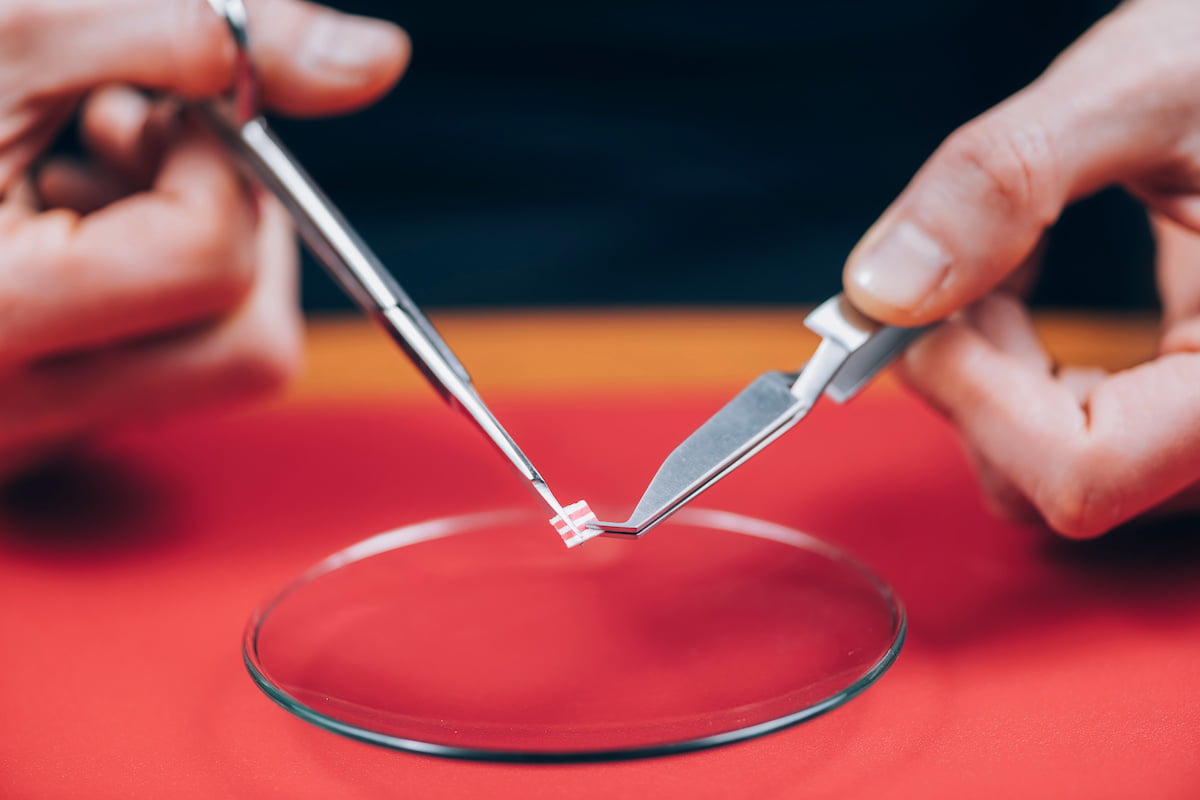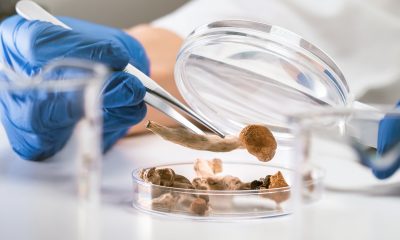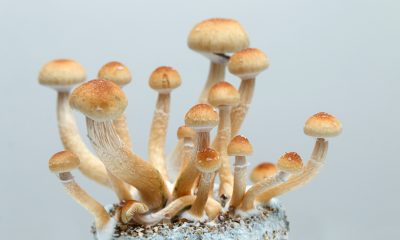A recent study testing the impact of microdosing LSD has suggested the practice has no therapeutic or cognitive effects.
Results from a new study have shown that microdosing LSD has no beneficial impact on mood and cognition, in what researchers have described as a “disappointing surprise”.
There has been numerous claims from people self-administering LSD of its impact on mental health conditions such as depression, and improving cognitive function – with workers in Silicon Valley turning to the compound to enhance their job performance, for example.
Whilst this evidence has been anecdotal, results from one recent citizen science study of people microdosing psychedelics, published in the journal Nature: Scientific Reports, led by University of British Columbia Okanagan Campus (UBCO) researchers, demonstrated that participants reported fewer symptoms of anxiety and depression and greater feelings of wellbeing.
This most recent study, carried out by researchers at the University of Chicago and published in published the journal Addiction Biology, examined the impact of four repeated low doses of LSD, administered under lab conditions, every three to four days.
Although results demonstrated no benefits to the practice, Harriet de Wit, PhD, professor of Psychiatry and Behavioral Neuroscience at the university, has noted that the study doesn’t disprove microdosing’s possible benefits and that more investigation is needed.
De Wit commented: “These drugs are already being used out in the world, and it’s important for us to test them under controlled conditions, ensure their safety and see whether there’s some validity to the benefits people claim.
“That’s something that has been missing from the conversation.”
For the study, one group of participants received 13 micrograms of LSD and a second received 26 micrograms – compared to macrodoses of 100 to 200 micrograms – and the third received a placebo.
Participants were not told what kind of drug was being tested in the study or that the study was about microdosing, and all attended a drug-free follow-up session three to four days after the final dose.
To measure the results, participants completed cognitive and emotional tasks both during the drug administration sessions and at the drug-free follow-up session, to assess their mood and mental performance. The researchers found that the LSD did not improve mood or affect participants’ performance on cognitive tests, either during the drug sessions or at the follow-up session.
Because LSD acts through serotonin receptors, where traditional antidepressants are known to act, De Wit said the results were a disappointing surprise, and that the team were expecting to document a beneficial effect.
de Wit commented: “We can’t say necessarily that microdosing doesn’t work. All we can say is that, under these controlled circumstances, with this kind of participant, these doses, and these intervals, we didn’t see a robust effect,” noting that outside the lab environment, people who microdose often have strong expectations of beneficial effects.
“It is possible that these expectations contribute to the apparent benefits, or they may interact with the pharmacological effect of the drug.”
The researchers did find however, that microdosing LSD was safe, and that participants appeared to build a tolerance to LSD over the course of the study.
There researchers noted it was important to undertake this kind of research as practices like microdosing become commercialised.
“There are a lot of companies getting into the drug business, either with psychedelic drugs, or drugs like cannabidiol,” said de Wit. “And really there’s not very much empirical support to back up their claims. So, I think we have a responsibility to investigate and validate the claims.”
Current clinical research on microdosing is very limited. The University of Chicago has previously carried out a study on micorodsing LSD, as has the Beckley Foundation, looking at microdosing for brain-derived neurotrophic factor (BDNF). Another study has also suggested psilocin could cause cardiotoxic effects.
Speaking at a panel on microdosing in 2021, Gregory Ferenstein, CEO at Frederick Research, emphasised the importance of combining microdosing practices with therapy and mindfulness to gain therapeutic effects.
Commenting on the UCBO citizen science study, Ferenstein remarked that: “I think what the [placebo] study showed was that if you do psychedelics without any help, without any professional oversight or mindfulness practice, you are not going to get much out of it. And I don’t think that’s controversial.”
The University of Chicago researchers highlight that completing its study was a challenge due to the heavy regulation of LSD – with the lab needing DEA, FDA and Institutional Review Boards review and approval to carry out.
This an an issue facing many psychedelic researchers across the globe – as these compounds show potential promise for mental health conditions, regulatory barriers can get in the way of collecting empirical evidence that could lead to the development of new mental health treatments in the face of a global mental health crisis.
[activecampaign form=52]

 Opinion2 years ago
Opinion2 years ago
 Insight3 years ago
Insight3 years ago
 Medicinal2 years ago
Medicinal2 years ago
 Research2 years ago
Research2 years ago
 Markets & Industry1 year ago
Markets & Industry1 year ago
 Medicinal2 years ago
Medicinal2 years ago
 News3 years ago
News3 years ago
 Research2 years ago
Research2 years ago

















